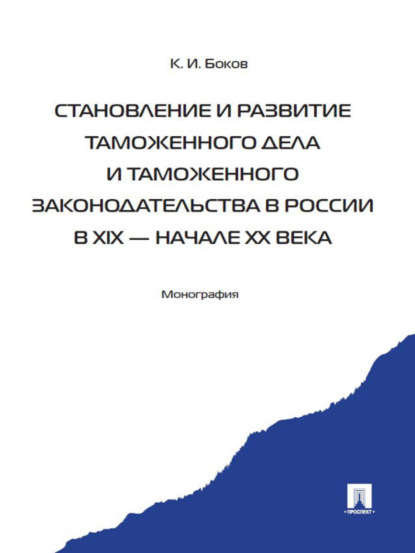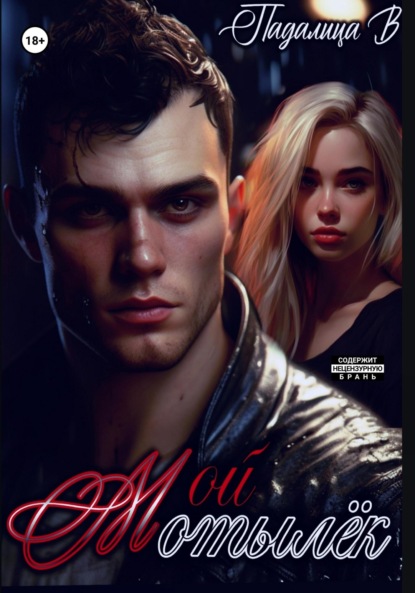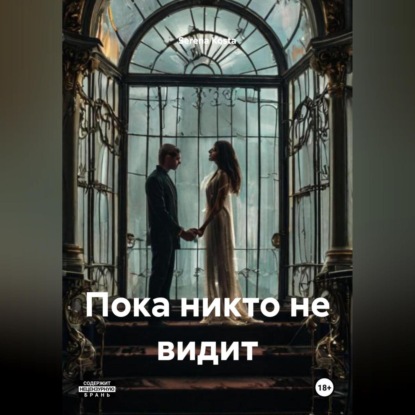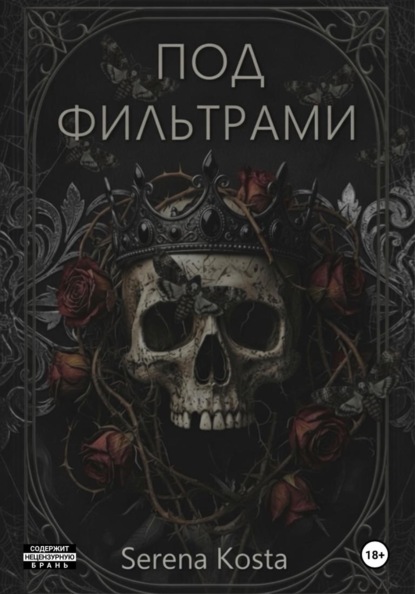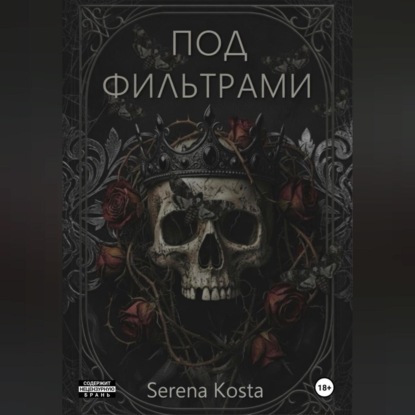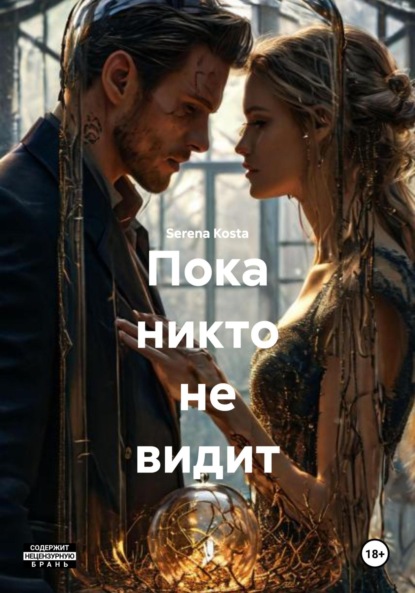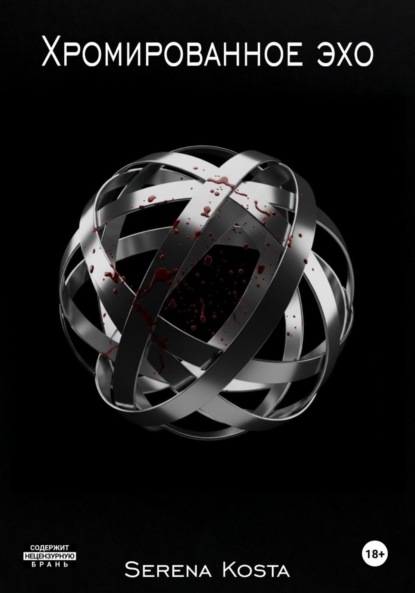Mark Leblanc doesn't just dominate; he creates. His first creation, Solange, was a masterpiece of violence. Now, she's back to reclaim him.His new obsession, Olivia, must learn her master's dark lessons fast. To survive his past, she must become his most dangerous creation yet.
He brought her to his villa to break her. But Mark Leblanc, a master of control, didn't realize his captive, Olivia, had a darkness to match his own.
Now, his obsessed ex—a killer he personally trained—is back. To survive, Olivia must become the one thing he never expected: not his victim, not his lover, but his equal in a war defined by blood, sex, and obsession.
- Книги
- Аудиокниги
- Вебтуны
- Жанры
- Cаморазвитие / личностный рост
- Зарубежная психология
- Попаданцы
- Боевая фантастика
- Современные детективы
- Любовное фэнтези
- Зарубежные детективы
- Современные любовные романы
- Боевое фэнтези
- Триллеры
- Современная русская литература
- Зарубежная деловая литература
- Космическая фантастика
- Современная зарубежная литература
- Все жанры
- Бесплатные книги
- Блог
- Коллекции
- Серии
- Черновики
Вход В личный кабинетРегистрация



